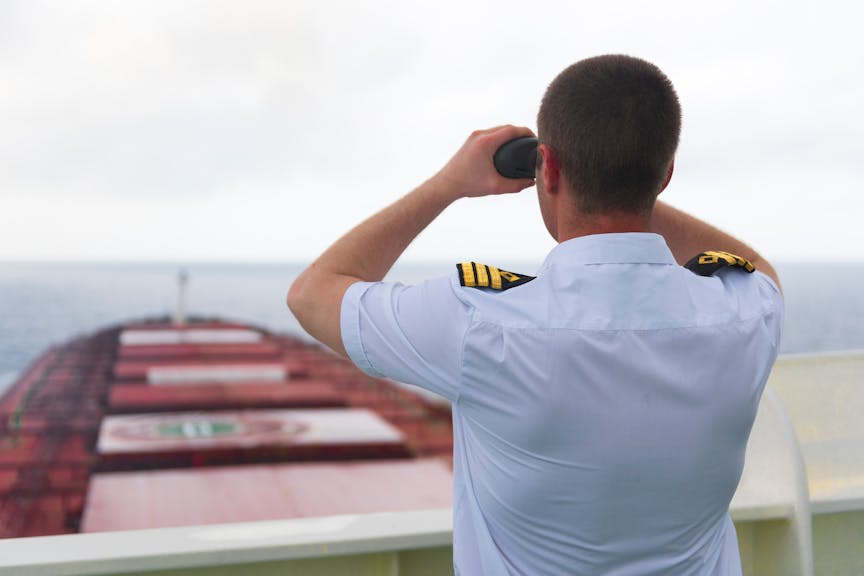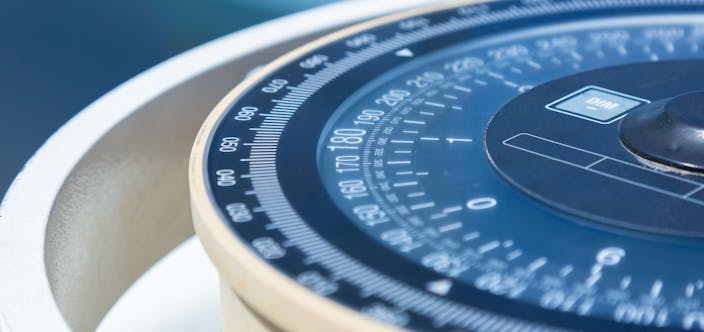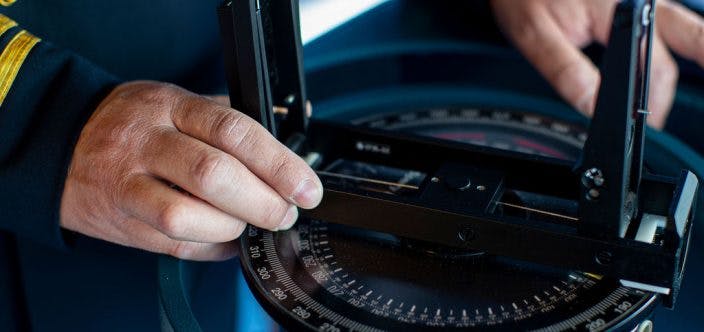Distraction on the bridge leads to a grounding and constructive total loss

The Threats
A significant number of claims arise from inattention and distractions on the bridge. Performing duties such as paperwork and computer-based tasks whilst on passage commonly takes focus away from safe watchkeeping. The use of personal mobile phones is also a causal factor seen too frequently in incidents.
Other issues such as complacency and alarm desensitisation/cancellation further impair situational awareness. To add to these threats, there is the normalisation of deviance (when doing something against a procedure or “cutting a corner” happens so routinely that it becomes the new normal).
Imagine a vessel on a repetitive route and the complacency that creates, coupled with the normalisation of completing administrative tasks whilst underway (near coastal), perhaps add in a cumbersome computer system or process and some workload pressure; this is a potent recipe for a distracted watchkeeper.
Lessons Learned & Recommendations
Consideration needs to be given to the administrative burden on seafarers. Is there a way to relieve some of the workload so that officers do not need to divert their attention whilst on watch? Can certain things be automated, or processes streamlined? It is important to ensure that the vessel does not have a system which is bloated with tasks and unnecessary logs to be completed.
The proper use of navigational aids vastly reduces the risk of an incident. Ensure alarms are set and do not ignore them or cancel them without checking the situation. Distractions such as mobile phones must not only be discouraged but clearly prohibited.
A Quick Synopsis!
- Company policies and Master’s Standing Orders must be clear against mobile phone use.
- No use of admin computers on the bridge during hours of darkness, reduced visibility, or high-density traffic.
- Watchkeeping officers must think about whether it is an appropriate time/location to be diverting attention to other tasks.
- The shore organisation should consider how efficient the processes and systems onboard are for the watchkeepers administrative duties.
- Electronic navigational aids should be used properly with alarms set and responded to.
- Avoid complacency and normalisation of deviance!
Further Information/reading
- Public case example (not associated with Alandia): Collision between bulk carrier Bunun Queen and OSV Thunder (July 23rd, 2022). The Master on the OSV was on his mobile phone and the 2nd Officer on the bulk carrier was busy printing updates for charts and publications.
- MGN 299 on the inappropriate use of mobile phones during watchkeeping.
- Alandia’s article “The Normalisation of Deviance: What human biases are involved and how to manage the risk.”


